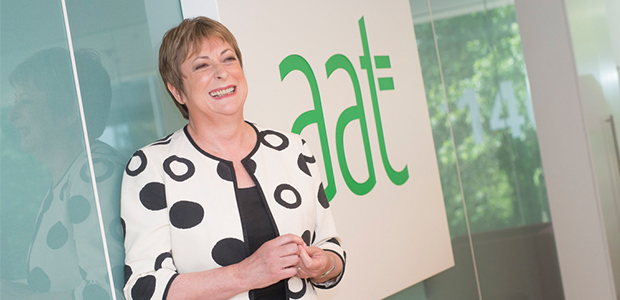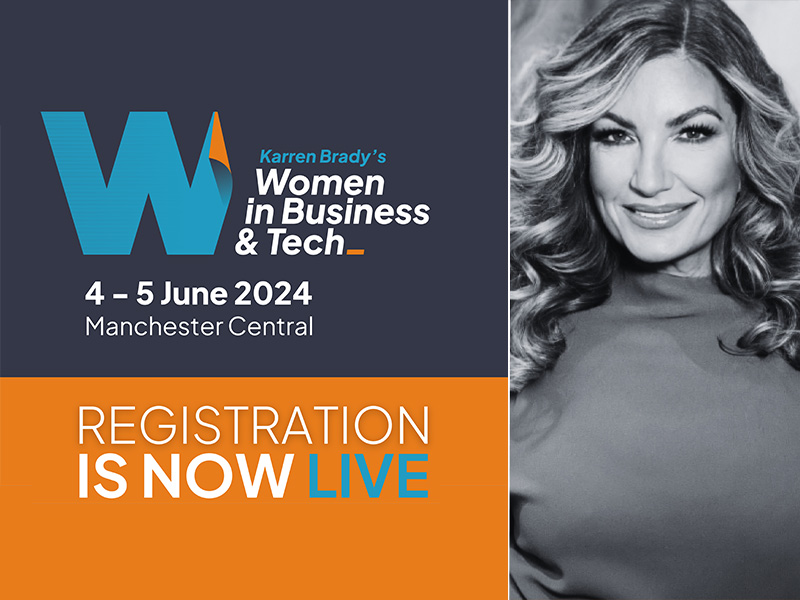Tell us a bit about yourself, background and what you do currently
My career was a bit of an accident. My first proper job was with one of the GCE Boards developing and managing O Levels (the forerunner to GCSEs) and A levels which gave me a passion for the benefits of education and its power to transform lives. I then moved to the Association of Accounting Technicians (AAT), a professional body, and developed new approaches to work-based learning and qualifications. After a few years my boss retired and I successfully applied for the vacancy and became Chief Executive of AAT.
What has been your biggest challenge in your current role?
The biggest challenge I face is ensuring that AAT maintains a clear and coherent development strategy in a rapidly changing world. This was particularly difficult following the global economic crisis when the collapse in economic institutions led to a major worldwide recession. As an employer, I feel a great sense of responsibility towards my staff and I was determined that we should do all that we could to weather the storm without having to make redundancies.
You are passionate around increasing accessibility to the professions – why do you feel so strongly about this?
There is compelling evidence from recent research that the UK is becoming a less socially mobile society. Alan Milburn’s Report on Fair Access to the Professions showed that many professions are becoming more socially exclusive. I feel strongly that it is in the interest of society for everyone to have the opportunity to achieve his or her full potential. We have rightly recognised the need to address race and gender inequality but we also need to address class inequality which has its origins in poverty, poor education, lack of aspiration, and a growing gulf between rich and poor. We need to create pathways of opportunity to reach out to a wider range of people who would bring diverse perspectives into professions. A more diverse workforce brings a range of benefits to organisations in all sectors of the economy.
There has been a recent surge in interest in increasing the number of women on boards – how do you feel about this development and how do you feel it will change the workplace?
It is disappointing that the proportion of women on boards, particularly the boards of large plcs, remains low. It is surprising that the boards of major grocery and clothing retailers for example do not recruit more women when women make up the majority of their customers. It is likely that a board made up largely of men will lack other perspectives that would aid effective decision-making. In any organisation it is always easier to go on doing what has always been done rather than to try something new. Our default is to recruit people in our own image but that won’t get more women on boards. Recruiting talented women (and yes they do exist) requires taking a fresh look at recruitment policies and recruitment channels and being prepared to challenge working practices. More women on boards will be an inspiration to a younger generation. In my working life, spanning nearly 40 years, women have moved into more and more roles that were formerly the exclusive preserve of men: now it is time for women to storm the boardroom.
AAT offers a range of programmes around education and training, which includes apprenticeships – why do you feel that apprenticeships are important to career development?
Apprenticeships have three characteristics that make them an ideal platform for career development: on the job training, off the job learning and employed status. An apprentice who stays the course comes out with a recognised occupational qualification, practical work experience and improved employment prospects and earning power. As a society we have become very focussed on formal qualifications and we forget just how much we learn by holding down a job as apprentices do. Apprentices develop all the soft skills that employers need: time management, working with others, customer service and problem solving. Employers of apprentices get the satisfaction of nurturing talent and helping someone develop and grow. For too long a university degree has been regarded as the only way to ensure a worthwhile career. University doesn’t suit everyone and so high quality apprenticeships need to added to the options available to young people.
You were awarded an OBE in 2008 – how did you feel when you received this?
I felt honoured and humbled when I was told about the award. I saw it as recognition not just for me but for everyone at AAT. The day of the investiture was truly memorable but I was sad that my Mother and Father had died some years before and so could not be with me at the Palace.
Your career has been split between financial and education organisations – where do you see the link between the two?
I see education as the foundation for a full life whatever your choice of career and wherever you work. All organisations in every sector of the economy need well-educated and well-trained people to make them effective. Education, which should continue throughout our lives, also enriches our leisure and family life.
What’s been your greatest achievement personally?
I think it has to be sustaining a long and happy relationship with my husband. In the words of the song: ‘We’ve been together now for 40 years’.
What’s been your greatest achievement professionally?
As Chief Executive of AAT, I have played a part in opening up opportunities to a wide range of people. At an award ceremony one of our newly-qualified members said ‘Until AAT, I didn’t realise qualifications were for people like me.’ AAT changes people’s lives which gives me great satisfaction.
Who has been your biggest inspiration and why?
My inspiration has always been my late Mother who was sacked from her job when she married and from then on devoted herself to bringing up five children. She was intelligent, charming and quick-witted.
She taught me the importance of pragmatism, curiosity and open-mindedness and the meaning of unconditional love.
If you weren’t doing what you do, what would you be doing?
I will have the chance to find out in 2014 when I retire from work. I hope it will involve tending an allotment and learning to dance.









